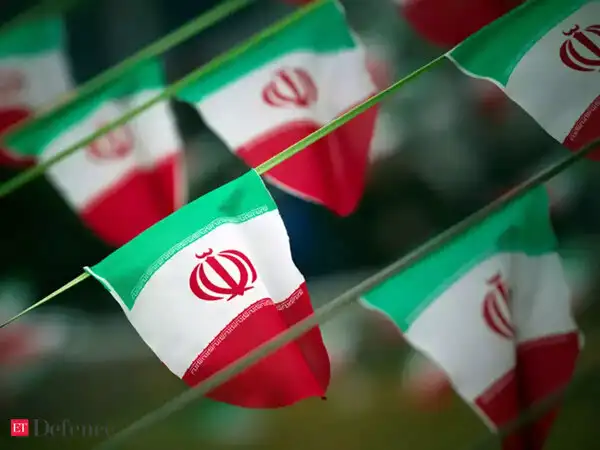– Abdul Bari Masoud
New Delhi: In a rare move, the Iranian Embassy in India has issued a strong statement. It slammed parts of Indian media for “fake and fabricated” reporting on the Iran-Israel war. The 12-day war, which Iran called an “imposed war” by the Zionist regime, has stirred global debate. However, this is the first time Iran has openly criticized Indian media in such terms.
The statement, released Monday by the Iranian Embassy in New Delhi, accused top Indian news outlets of spreading lies, insulting Iran’s leadership, and ignoring journalism ethics. It did not name specific channels but pointed to both TV and digital platforms for sharing “baseless reports.” These reports, it said, disrespected Iran and weakened trust in the media.
The embassy said, “Indian media should not lose public trust or credibility by spreading false news.” It added that some reports looked like they were part of “external propaganda.”
The statement seemed directed at outlets that echoed Israeli military claims or discussed internal unrest in Iran during the conflict. Channels like Times Now, Republic TV, and India Today aired segments showing alleged protests in Tehran, civilian deaths from Iranian missile failures, and supposed failures of Iran’s air defences.
On one occasion, a Republic TV anchor said Iran had “bitten off more than it could chew,” calling its strategy a failure. The channel used unverified videos of blasts in southern Iran, later found to be old clips from Yemen.
India Today aired a segment titled “Iran’s Regime in Crisis?” It featured pro-Israel voices claiming dissent in Iran’s military. The embassy didn’t name the show but strongly criticized “sensationalist and inaccurate content” about Iran.
Such reports, the embassy said, were misleading and deeply disrespectful to Iran’s people and leadership.
Reaffirming Iran’s stance, the embassy said Iran acted only in self-defence. It blamed Israel for drone attacks in Syria and Iraq that led to the war. The embassy praised Iran’s Supreme Leader Ayatollah Ali Khamenei for his leadership during the war. It called the outcome a “historic defeat” for the Zionist regime.
It said, “The Supreme Leader, as Commander-in-Chief, guided military operations during the twelve-day war.” It added that Iran’s strikes were careful, targeted, and lawful — unlike Israel’s “blind and destructive bombing.”
While supporting press freedom, the embassy warned Indian media against pushing foreign propaganda. It urged balanced and fact-based reporting.
“The Embassy expects Indian media to follow journalism ethics and not support external propaganda,” it said. It called for stronger ties based on “mutual respect” between the two “civilizational-states.”
The term seemed chosen to remind of the deep cultural and diplomatic ties between India and Iran — from the Mughal era to the Non-Aligned Movement.
This statement comes amid changing geopolitics in the Middle East. India’s growing defence ties with Israel, and its silence during the Iran-Israel war, have caught Tehran’s attention.
Dr. Azam Javed of JNU said, “Iran is making it clear — it won’t accept being misrepresented, especially in countries it once viewed as friendly.” He added this is also about shaping public opinion in a key diplomatic partner.
This isn’t the first such charge. During past Israel-Gaza conflicts, fact-checkers like Alt News and Media Vigil noted a pattern. Indian media often highlighted Israeli military views while ignoring Palestinian suffering or Iran’s position.
In April, Dainik Jagran called for “total eradication of terrorist sponsors like Iran.” The editorial drew sharp criticism from scholars and diplomats. Screenshots of such reports went viral, with users from both nations calling them Islamophobic and pro-West.
However, some independent platforms like The Wire, Scroll.in, Clarion India.net, and Article 14 offered balanced views. They covered Iranian voices, civilian suffering, and wider political context.
Though the statement didn’t name journalists or media owners, its tone was serious. The use of terms like “mutual respect” shows that Iran feels a red line has been crossed.
Whether India’s government or media will respond remains uncertain. As of Monday evening, the Ministry of External Affairs (MEA) had not commented.
But observers say the message is clear. Media narratives have weight — especially in wars fought with headlines as much as weapons.




